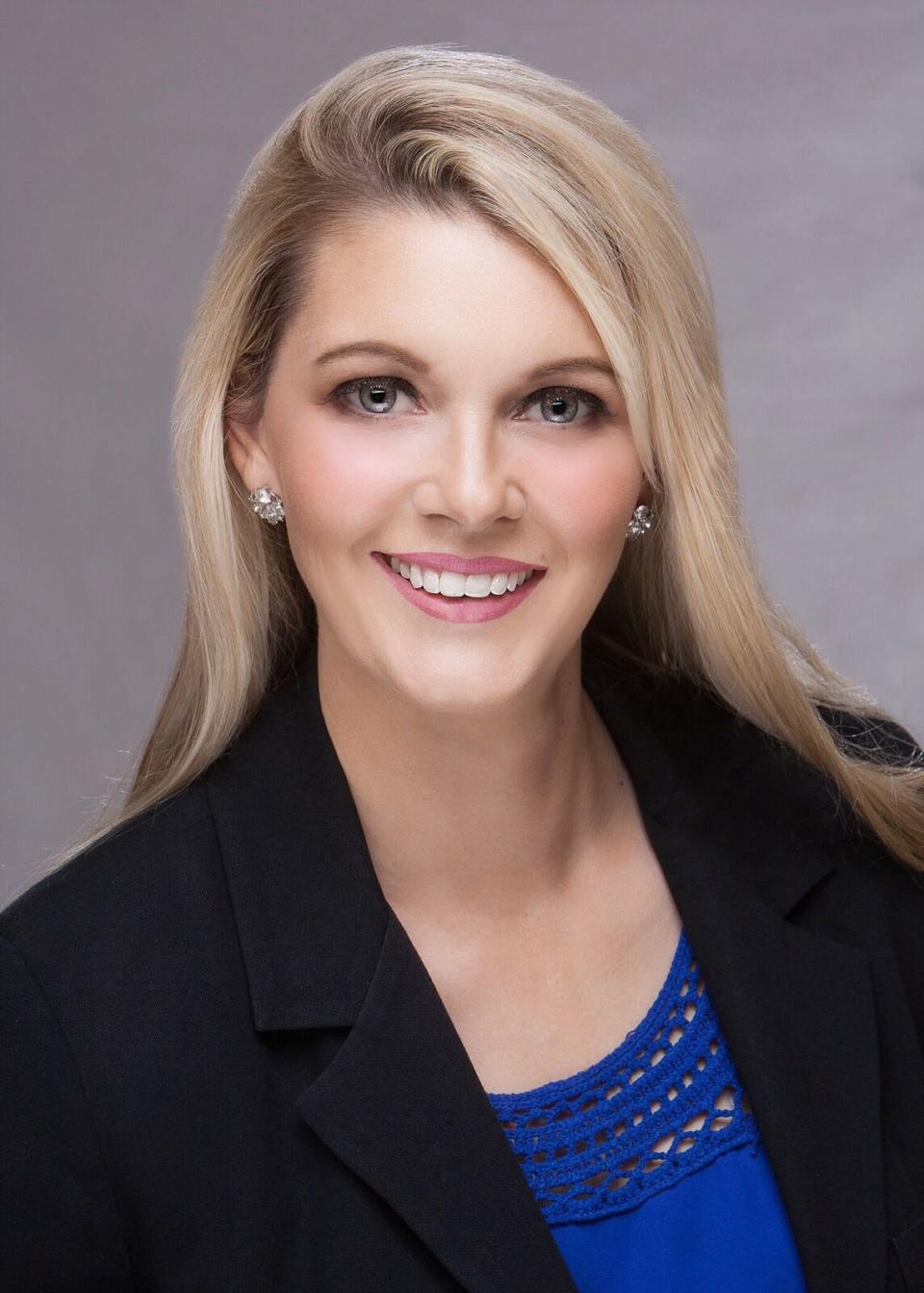Program serves those who serve through financial education | Opinion
At 17, you can join the Army National Guard, enlisting to respond to emergencies and disasters, step in during times of unrest and answer the call to defend this country. You cannot, however, open your own bank account.
This barrier is well-meaning, enabling parents to teach their children financial responsibility before gaining complete control over their money. But in instances where both parties are living with debt, as is sadly the case for many recruits, this dynamic instead enables what amounts to theft and prolongs a cycle of poor financial decisions among an already vulnerable population. It’s not uncommon for new recruits to open a joint account, only to return from basic training to find their account has been drained. Many of them will end up with a negative credit score before they are even old enough to vote.
The predatory lenders that flock to military bases only make matters worse, offering 0% down and sky-high interest rates. According to a 2020 Consumer Financial Protection Bureau report, “A sizeable fraction of young enlisted servicemembers go delinquent on debt payments or have severe derogatories (for example, defaults) appear on their credit record around the time they leave active duty.”
Hear more Tennessee voices: Get the weekly opinion newsletter for insightful and thought-provoking columns.
Seven years ago, the Tennessee National Guard contacted me to help find a solution. Many recruits couldn’t open accounts and were failing background checks when applying for military roles, like military police, that require them. Prior to joining the United States Coast Guard 24 years ago, I studied education, so combining these passions led to my role in helping create a solution to this problem.
For young people of any background, managing finances can be an overwhelming prospect. When I joined the military, I was given the opportunity to learn the business of banking, and it is my mission to show recruits they too can be in control of and achieve their financial goals.

If a recruit does not have a bank account prior to enlisting, I will help them. I am essentially their personal banker. I help them set up sole-owner accounts when they are eligible to prevent family members or significant others from accessing their military direct deposit without permission. I show them how if they put their National Guard salary into an account and let it grow, they can retire at 40. They have my cellphone number and contact me at all hours with questions and concerns, and I welcome them. I travel to bases, lead classes and sit down one on one with these young men and women. I proudly serve as the financial counselor they need, today and throughout their career.
I do this because, as servicemembers, they earn it. They enlist for an opportunity to serve others while bettering themselves. I’m honored to have the opportunity to work alongside my peers and provide the financial guidance and support we all deserve. This extends to our veteran community as well.
As a community partner committed to supporting our neighbors, Wilson Bank & Trust hosts financial literacy classes in partnership with Operation Stand Down, the Middle Tennessee Military Affairs Council, the Veterans of Foreign Wars and first responder groups, among others. Through these programs, Wilson Bank & Trust recognizes more is needed to support our military’s financial well-being. Free checking is not enough. They need personalized guidance, a brick-and-mortar resource and financial tools that help them overcome the challenges unique to them and set them up for success. And that’s exactly what they have created. It’s called the HERO program and I am proud to be a part of it.
Kelley Crecelius is associate vice president, Business Development/Group Banking at Wilson Bank & Trust.
This article originally appeared on Knoxville News Sentinel: Opinion: Program serves those who serve through financial education

